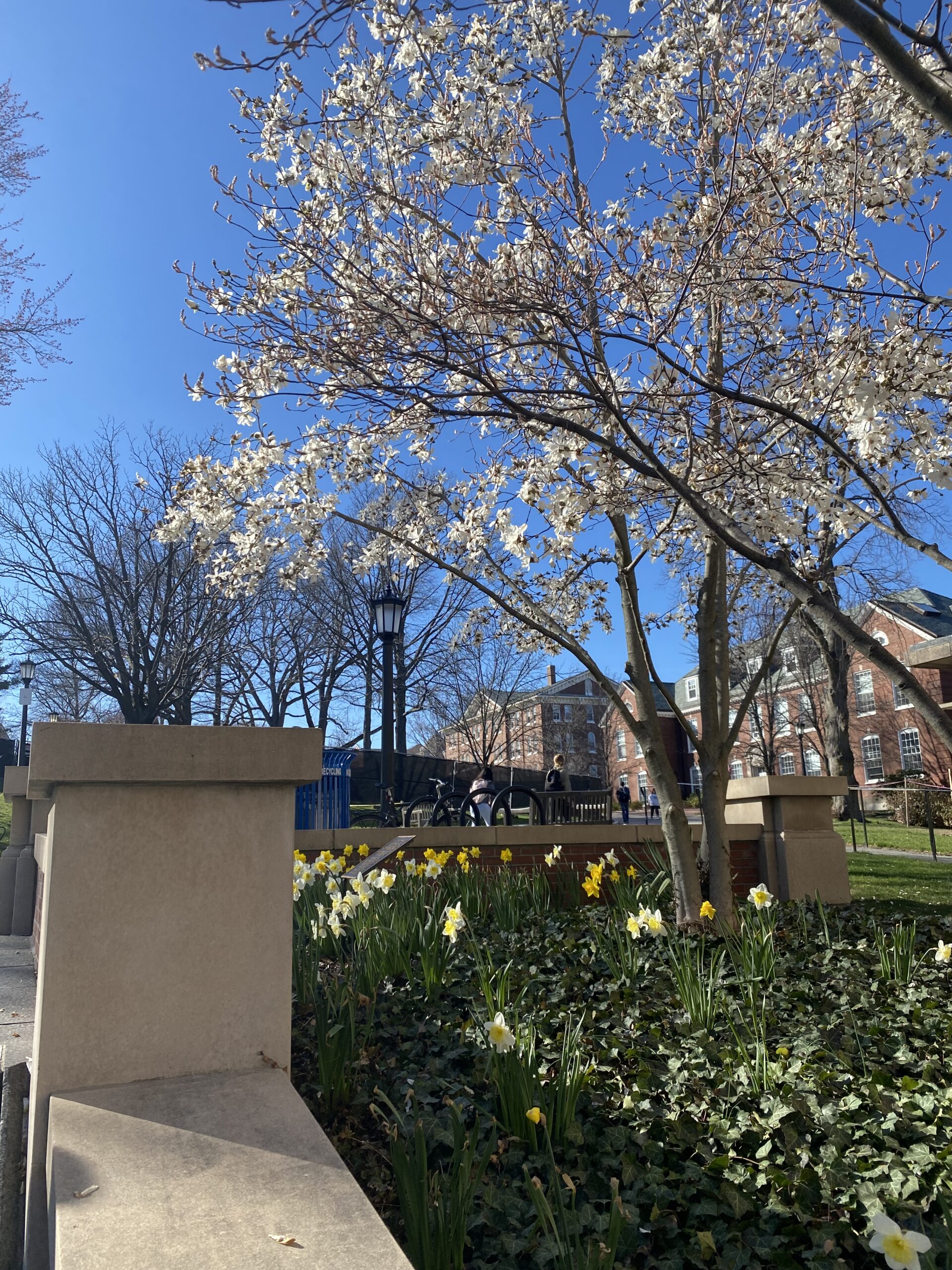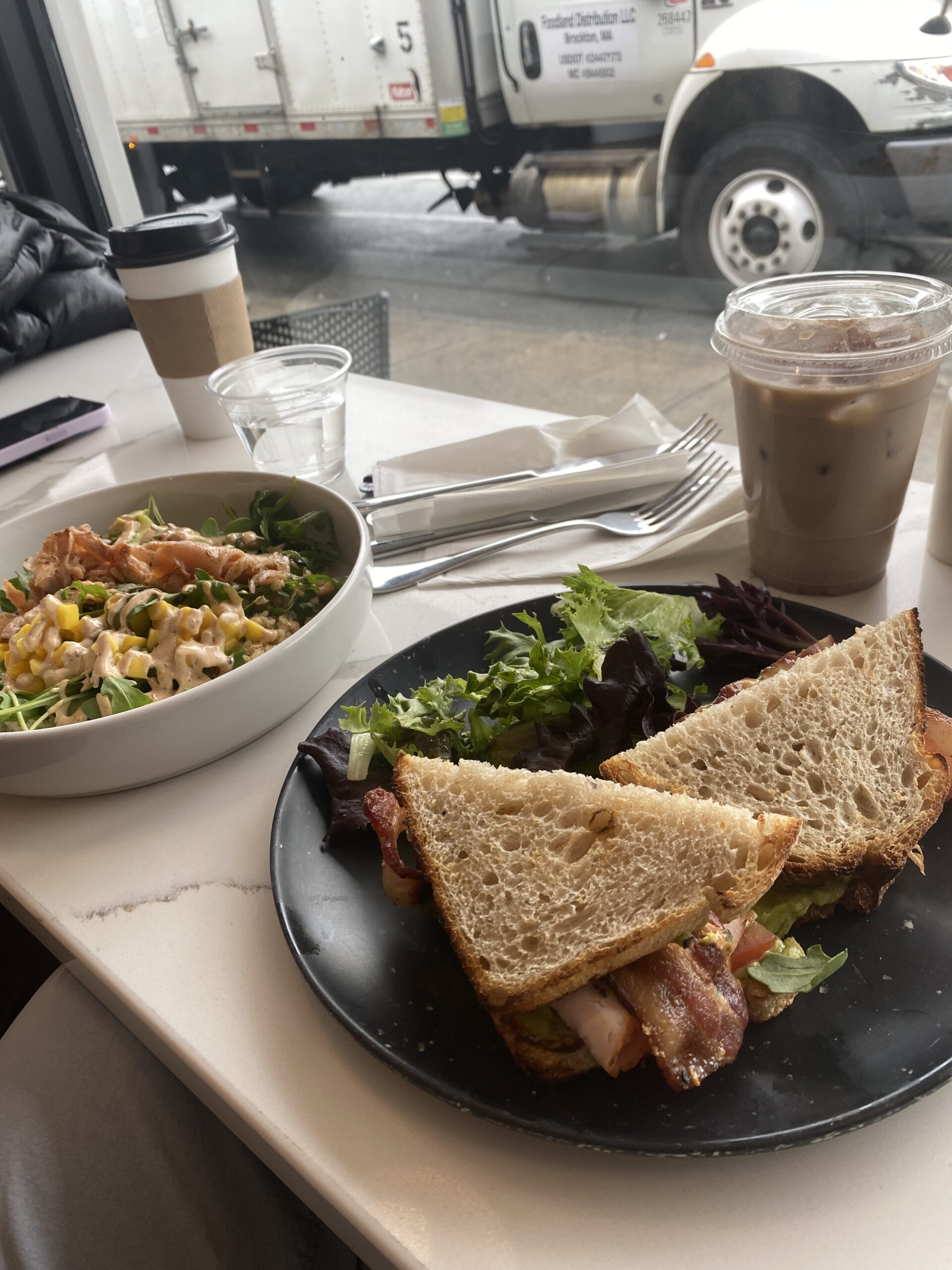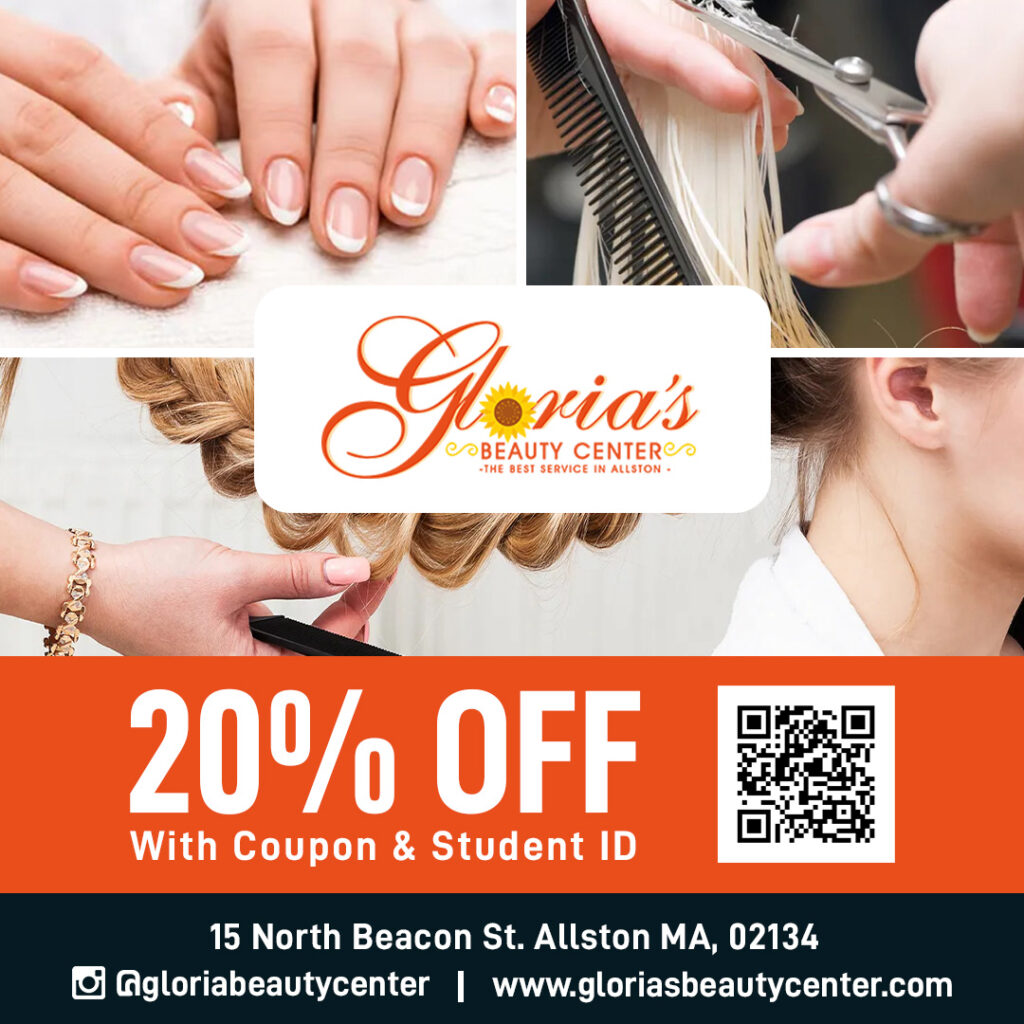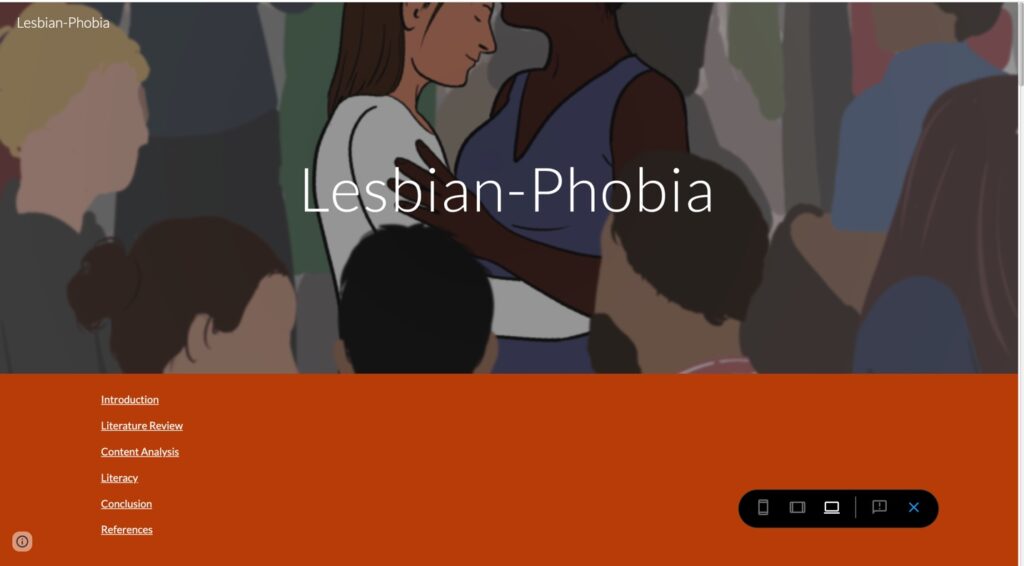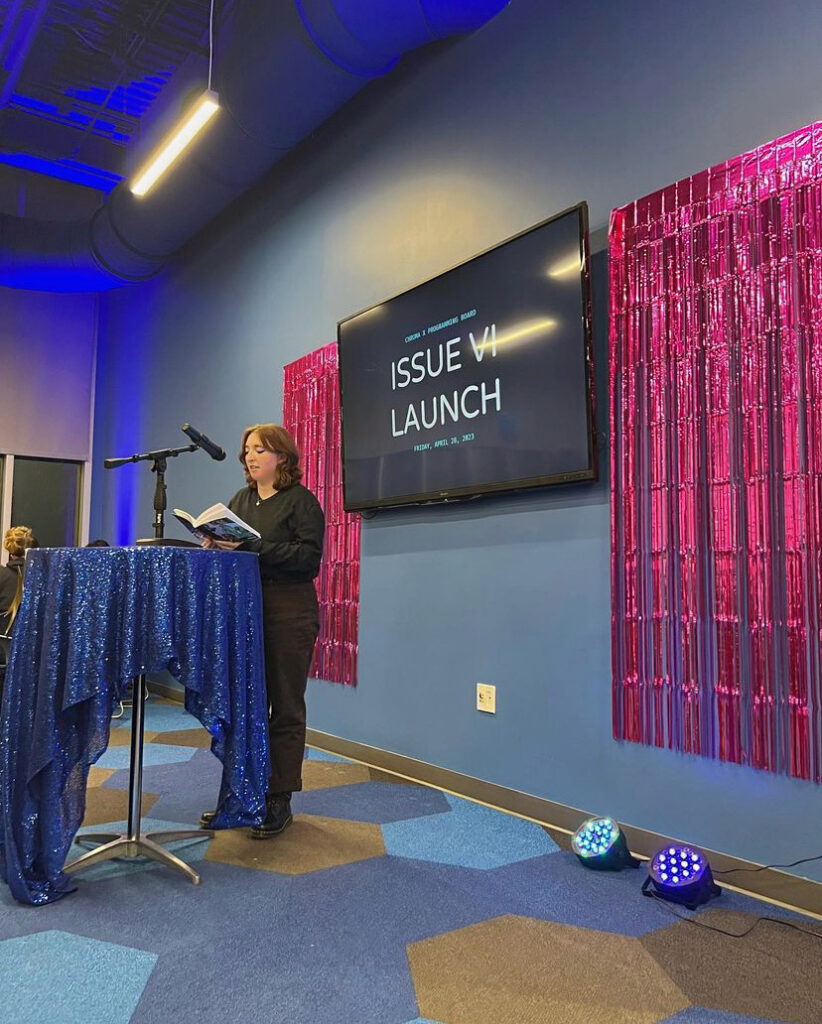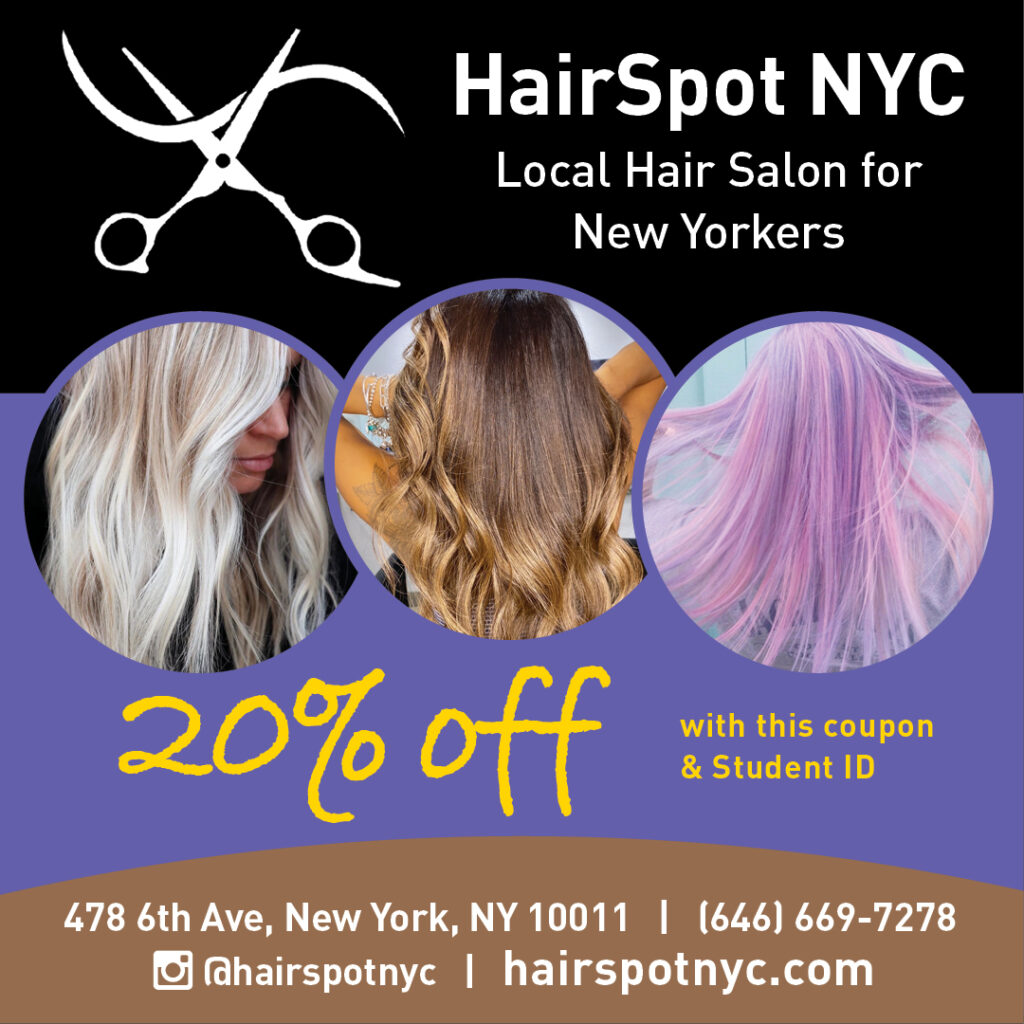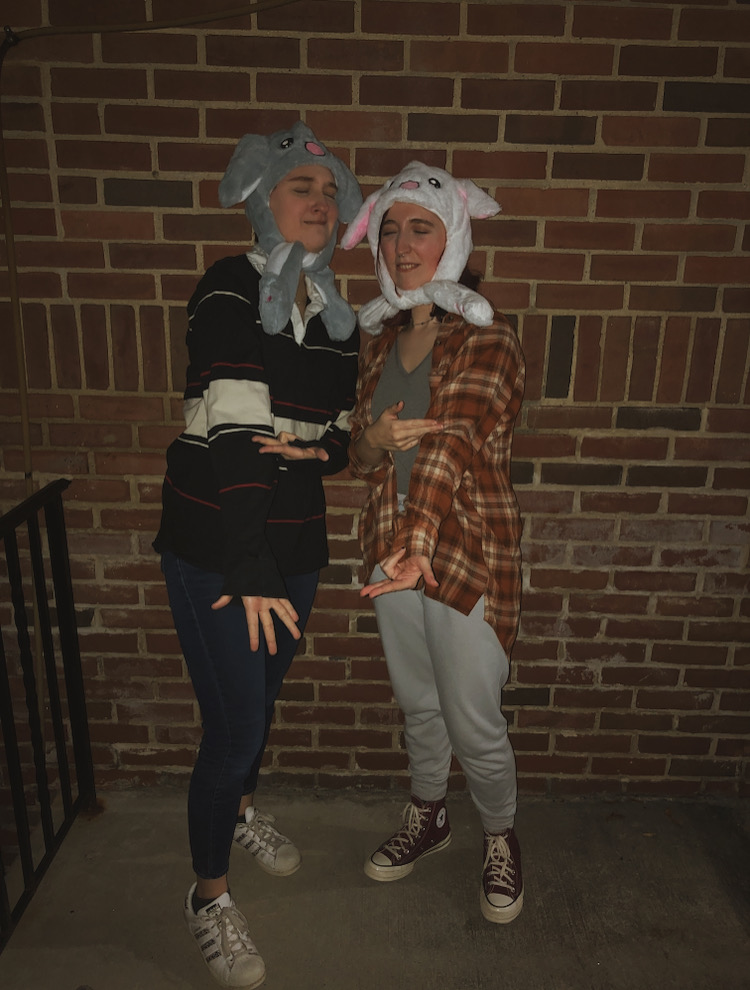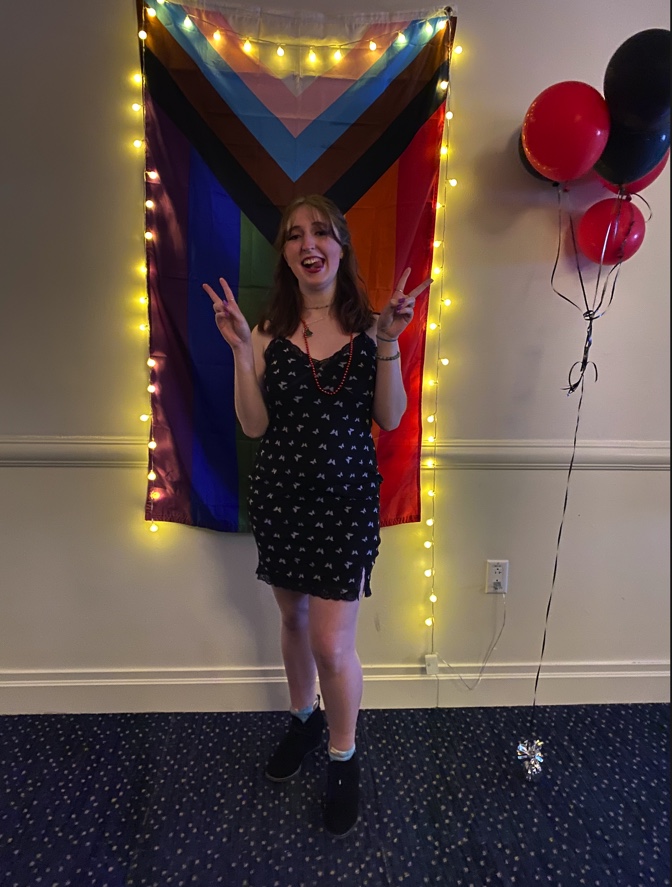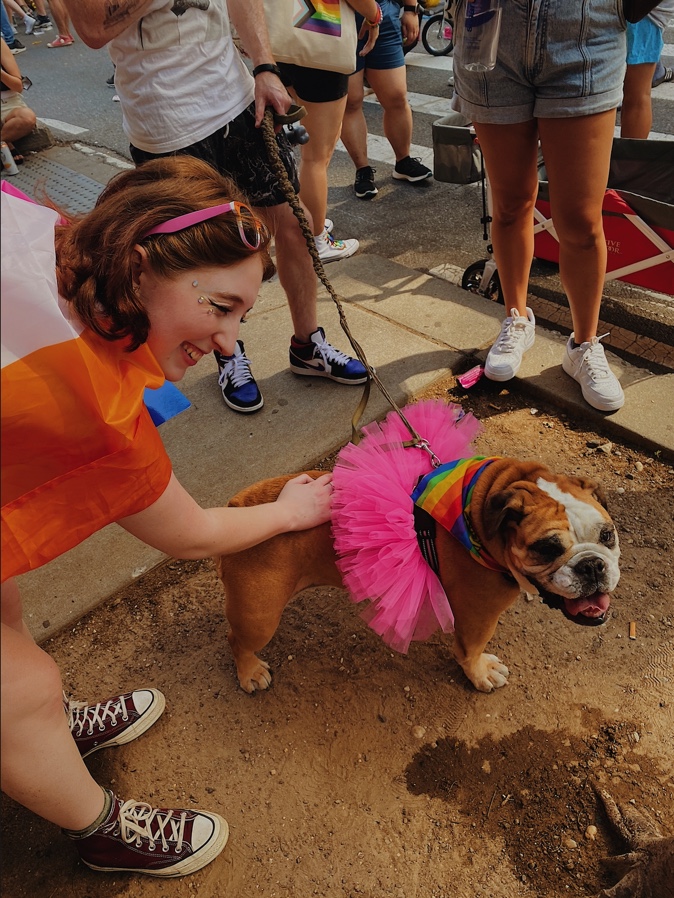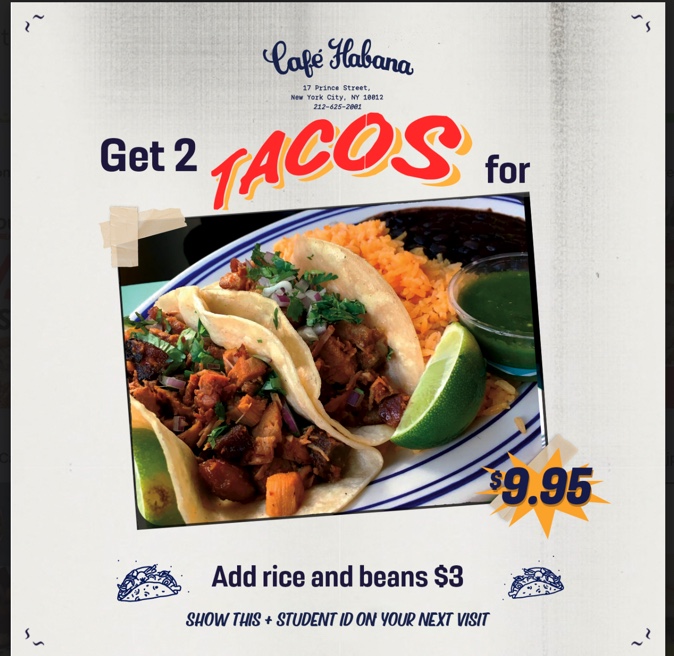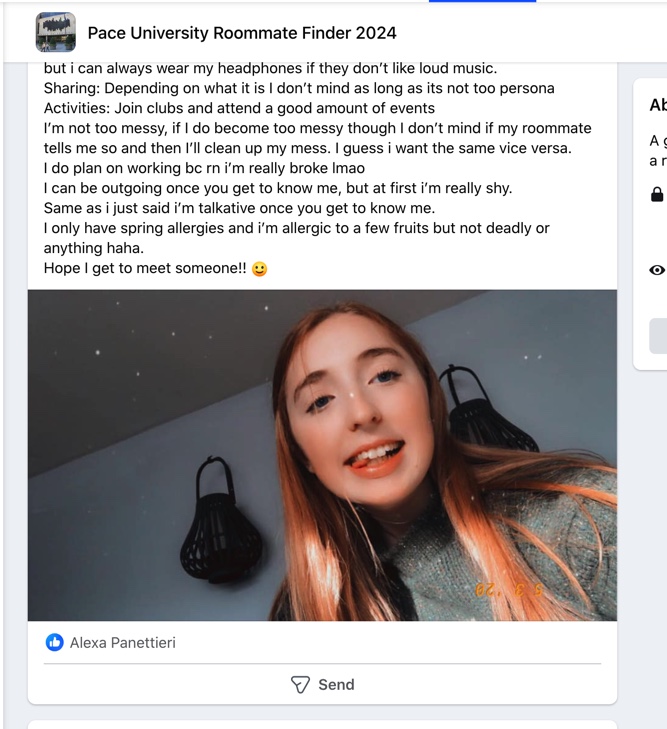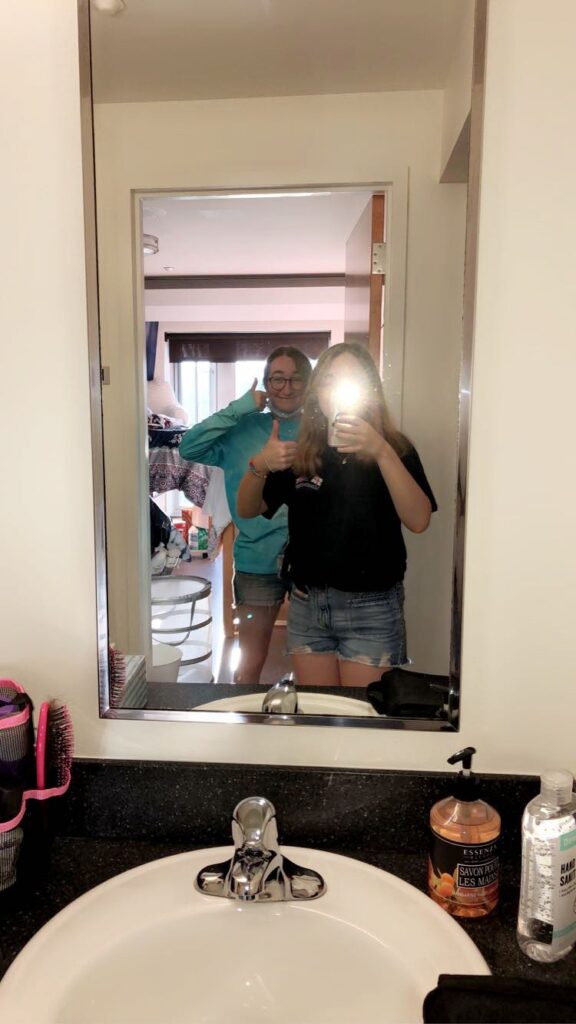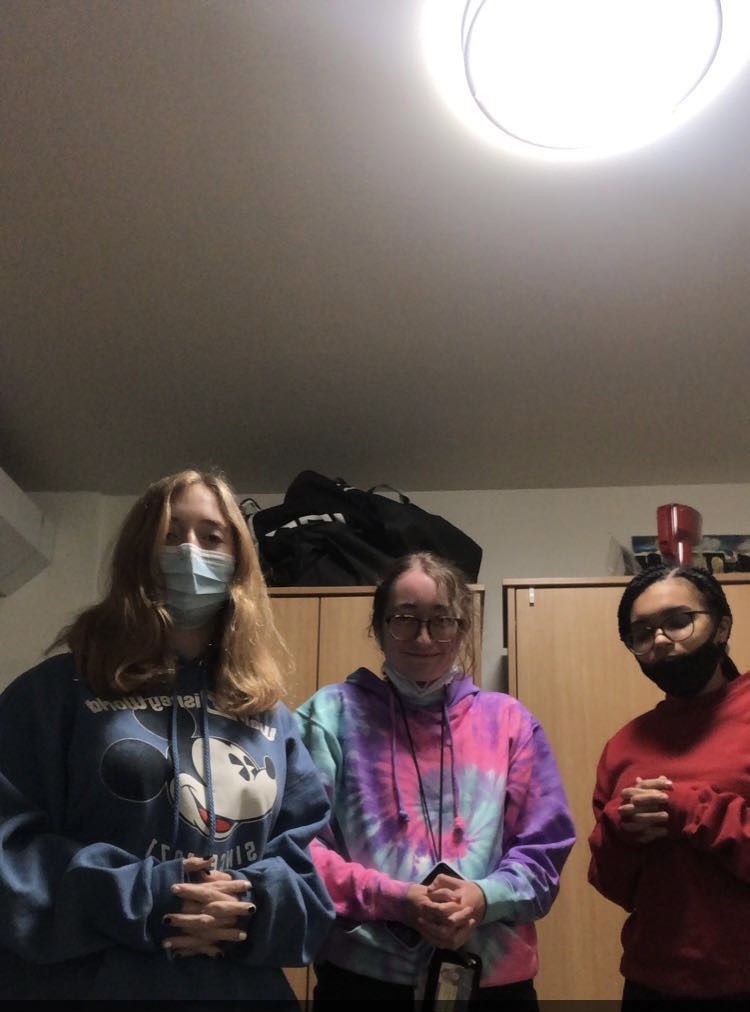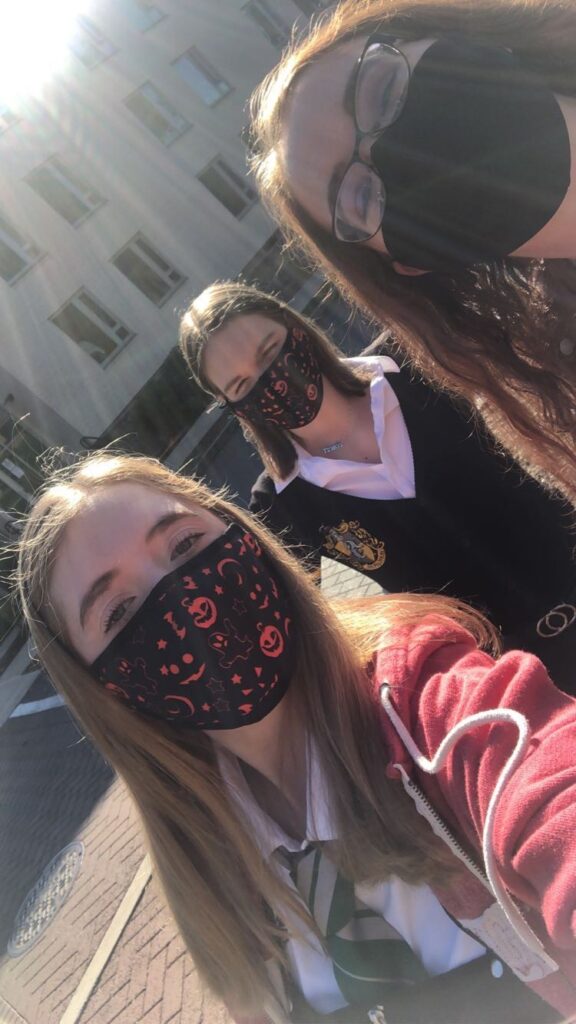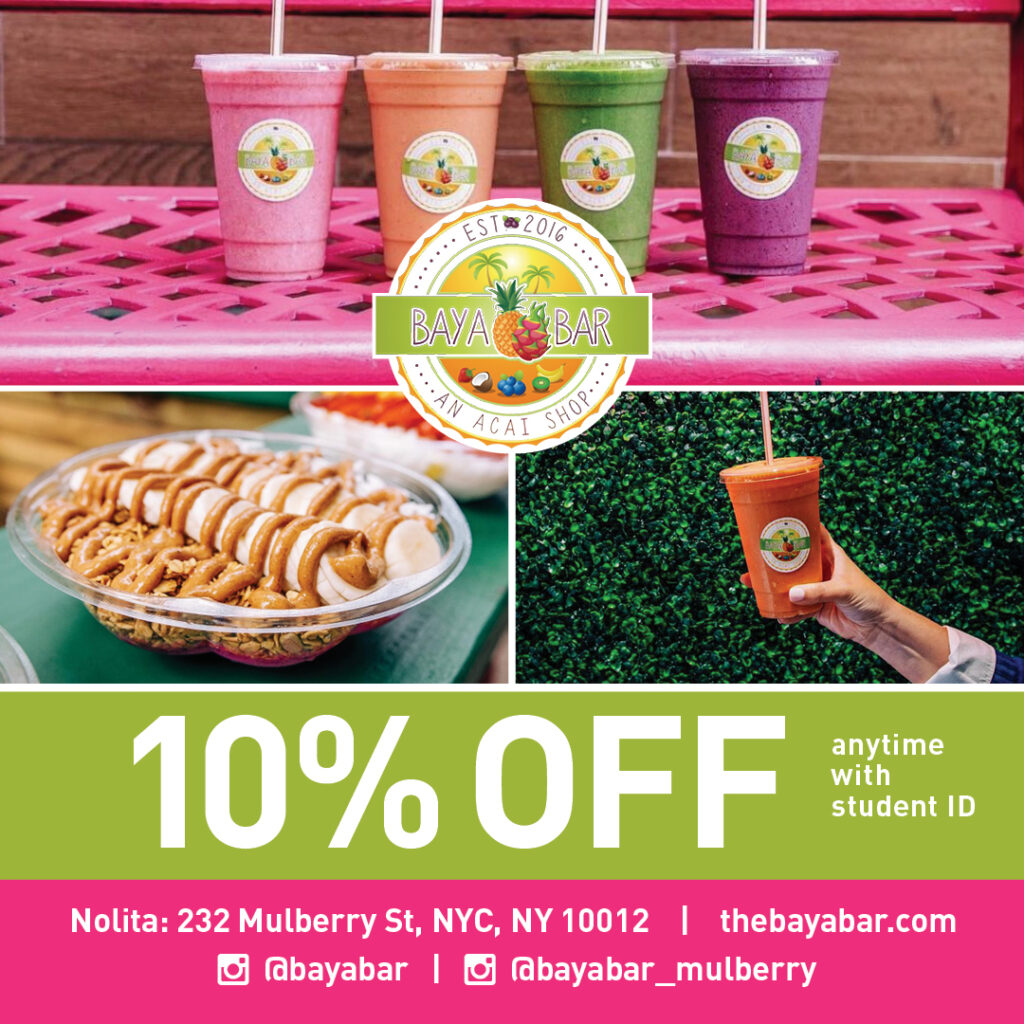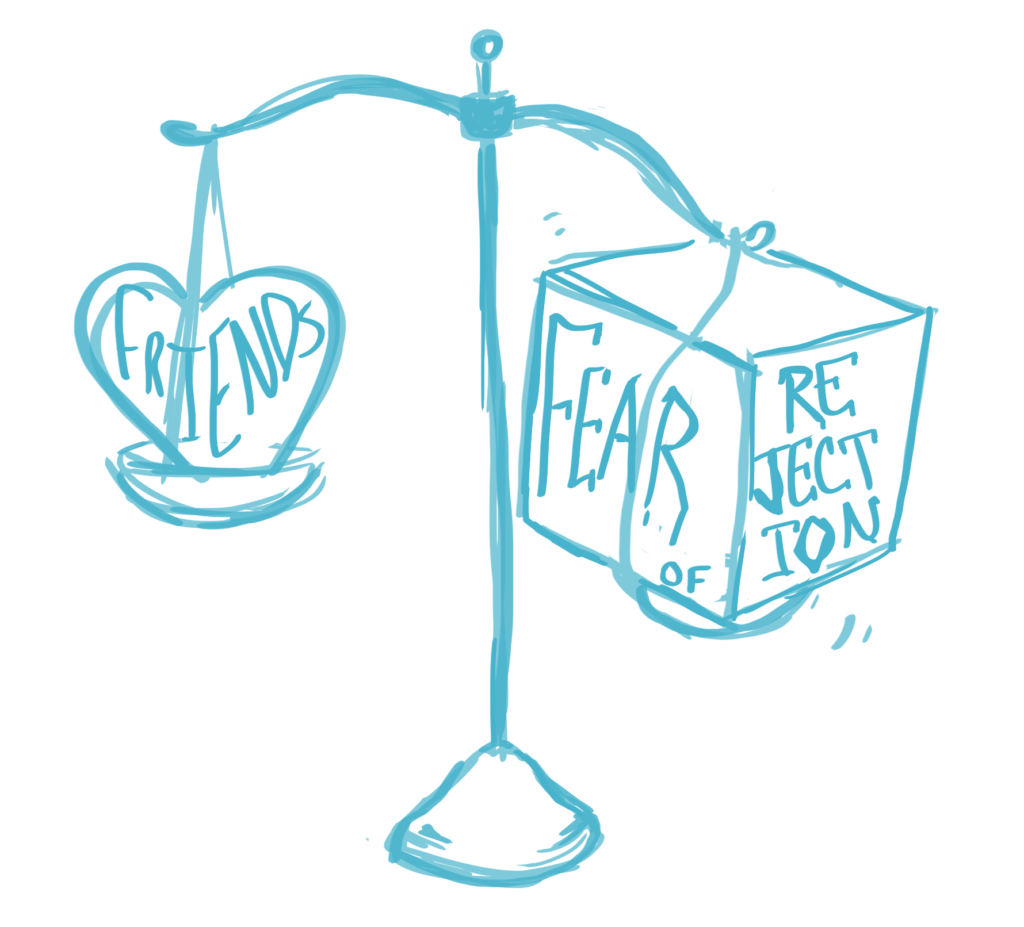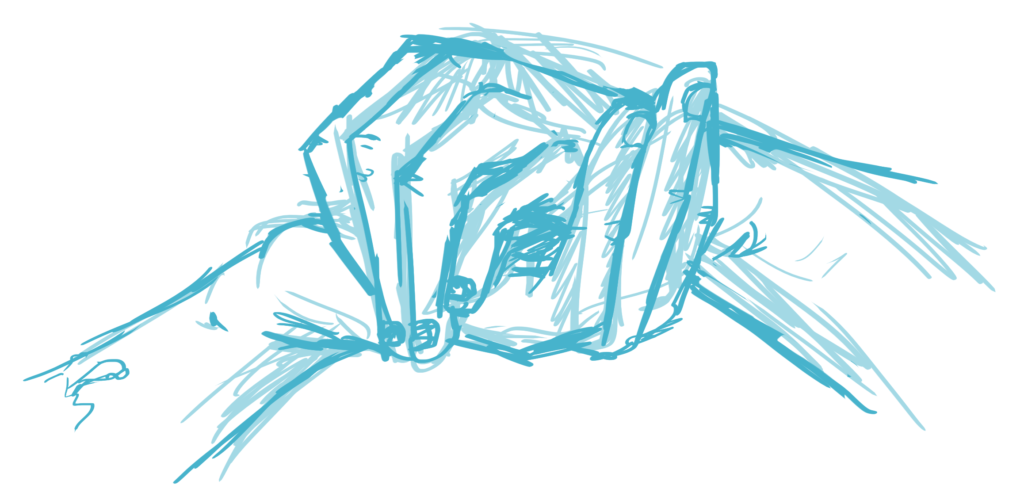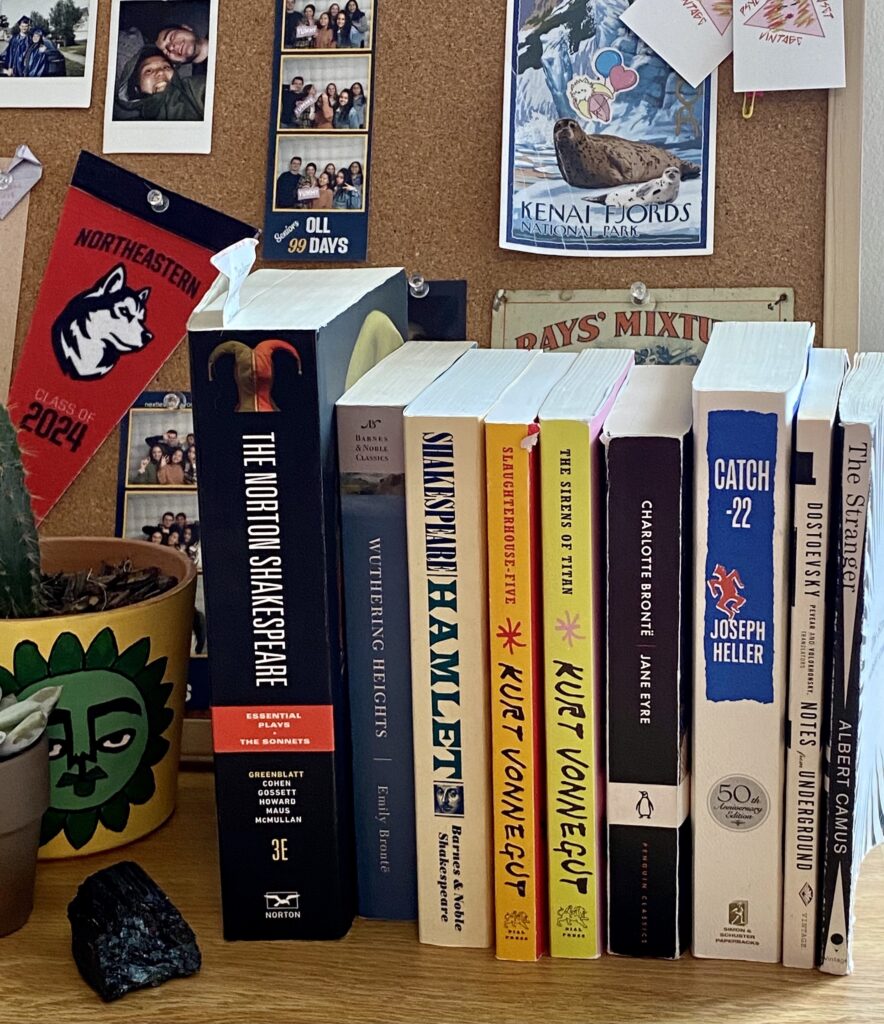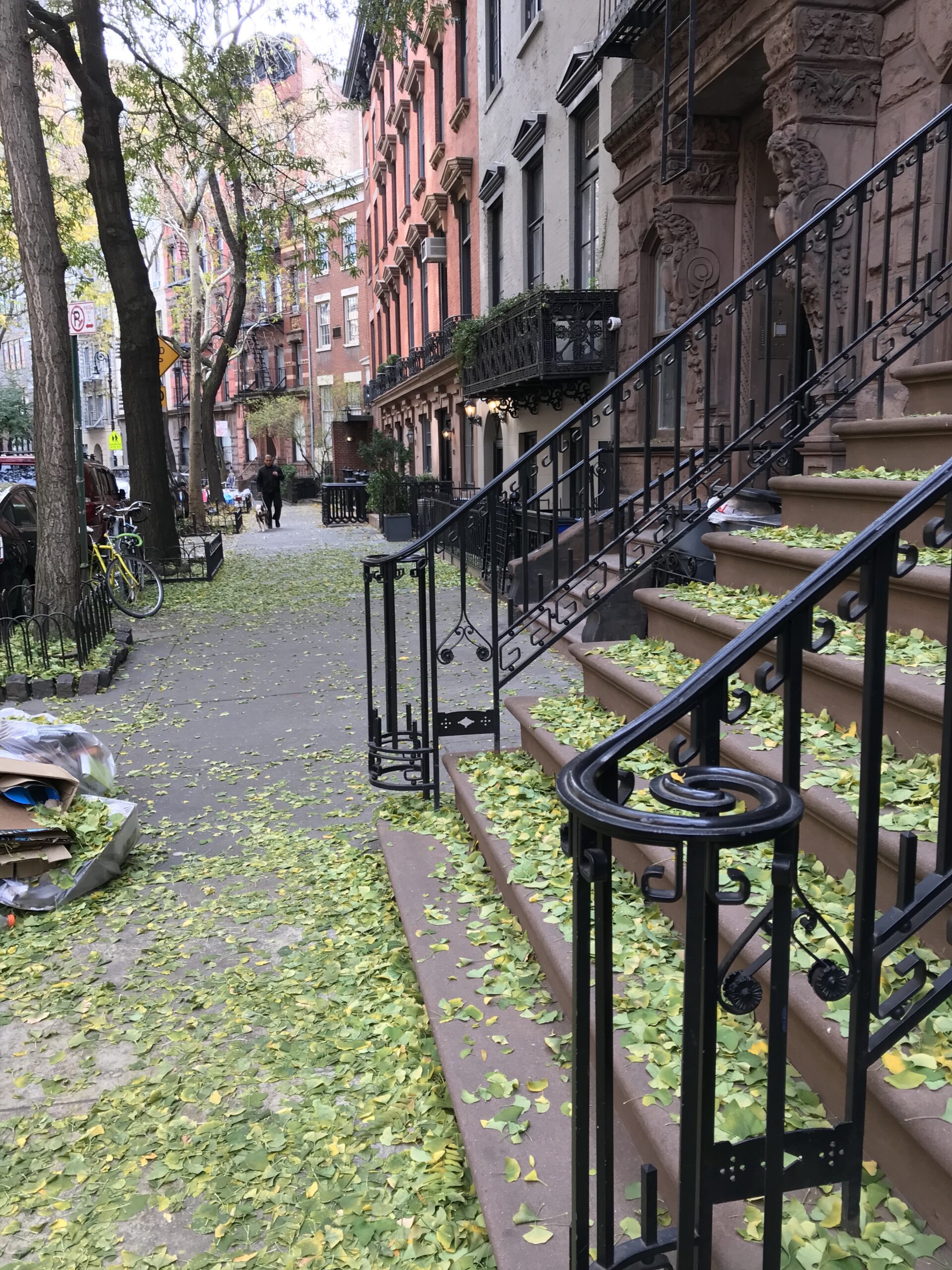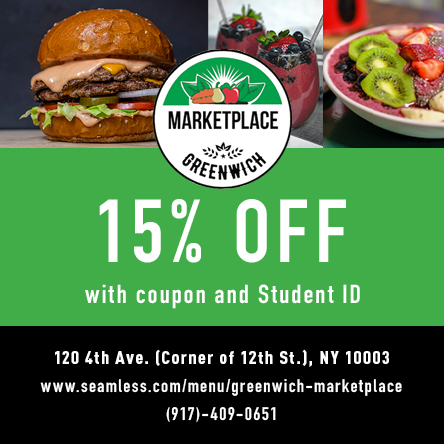The Bronx’s Belmont is a neighborhood with myriad cultures, which means its food options are not only incredibly diverse but incredibly delicious. Patrons of the neighborhood are able to enjoy recipes that have been refined for decades, and taste like it too! Students in the area have a couple staple spots, consistently adored and attended for being delicious, reliable, and mostly affordable. Located in the heart of the Bronx’s Little Italy, all of the below staples specialize in Italian fare: specifically pasta, fish, cheese, and meat. However, in this chapter, we’re going to be getting the obvious choices out of the way: are the restaurants students frequent really worth your time?
First off is Enzo’s: THE staple restaurant. Packed with families during Parents’ Weekend, move-in, move-out, Homecoming, and more. Any time parents are in town, their kids (students starved for quality food, unable to justify dropping thirty precious dollars on pasta) beg for Enzo’s. Or at least I definitely do. Their menu boasts pizza, seafood, meat entrees, salads, incredible pasta and sauce, and delicious desserts. Some of my favorite dishes include their Pizza alla Enzo, complete with prosciutto and arugula (one of my favorite combinations), and anything with their signature vodka sauce. Their sauces are so delicious, Enzo’s has blessed the community by making jars of it available to purchase by the door. The southernmost of these staples and thus the farthest from campus, Enzo’s of Arthur Avenue is definitely worth the walk.

Image credit: facebook.com
Next is Michaelangelo’s: Known for its faux-outdoor back patio and Thursday happy hour, Michaelangelo’s is the spot for formals. Though these events can get pricey, it’s almost always worth it. What could be considered a sit-down restaurant by day transforms into an Italian bar-and-grill, complete with music, dancing, and of-age alumni looking for a nostalgic dinner option in their old stomping grounds. One of Arthur Ave’s more affordable Italian restaurants, the food is alright, the drinks are alright, but the fun ambience (namely the 2000s music, lively staff, and the soft lights strung through the entire patio) is what makes Michaelangelo’s a favorite for all students, for all four years.

Image credit: yelp.com
If you’re feeling a little less formal when you visit Belmont, you can opt for Casa Della Mozzarella on 187th St. Deli on the outside, life-changing sandwich experience on the inside. Casa Della Mozzarella specializes in some of the most divine Italian paninis to ever grace human tastebuds: can’t go wrong with Il Classico, a caprese panini. They also sell standalone cheese and cured meats as well, and as their name would suggest, their mozzarella trumps all on Arthur Avenue.

Image credit: usarestaurants.info
Finally, Pugsley’s Pizza: What looks like a divey pizza spot tucked into a parking lot on 191st Street is an undeniable Fordham institution. Decades of names scrawled on the walls, faded photos with celebrities, and worn seats that were probably once very clean and comfortable all lend themselves to the pizza staple’s slogan: Love is It. While Pugsley’s might not be objectively the best pizza in Belmont, when you walk through that green door, you’re awash with the scent of garlic and the feeling of home.

Image credit: usarestaurants.info

by Mia Crocco
Mia is a rising junior at Fordham University – Rose Hill studying English and theology. In her free time, Mia enjoys cooking, collaging, and playing the piano and guitar.
For over 20 years, the Campus Clipper has been offering awesome student discounts in NYC, from the East Side to Greenwich Village. Along with inspiration, the company offers students a special coupon booklet and the Official Student Guide, which encourages them to discover new places in the city and save money on food, clothing, and services.
At the Campus Clipper, not only do we help our interns learn new skills, make money, and create wonderful e-books, we give them a platform to teach others. Check our website for more student savings and watch our YouTube video showing off some of New York City’s finest students during the Welcome Week of 2015.




